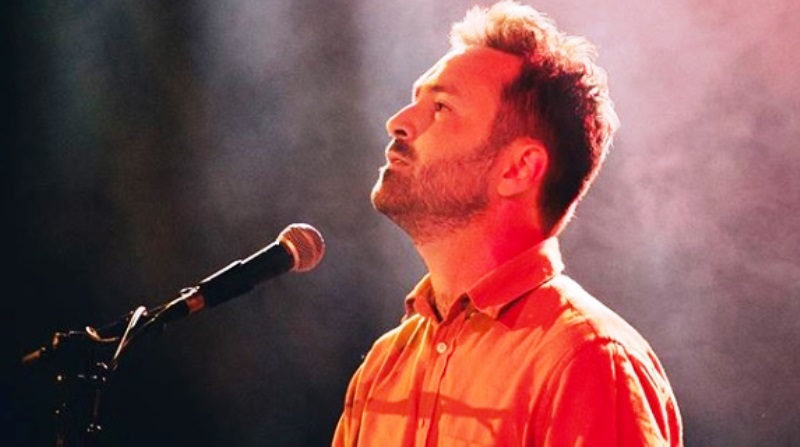So what is the key to long-lasting love? Is it mutual trust, effective communication, or a satisfying sex life? Apparently, it’s none of these, but a hormone – Oxytocin.
Oxytocin, which is more commonly called the ‘love hormone,’ is linked to sexual reproduction, sexual climax, maternal bonding, milk production, and anxiety.
Psychology professor Ruth Feldman at Bar-Ilan University in Israel, spent several years studying the role of oxytocin in the mother-child bond, and only recently decided to test its role in romantic bonds by testing the horomone’s levels in new lovers and singles. She said, “The increase in oxytocin during the period of falling in love was the highest that we ever found.” The study conducted by Feldman and her team was published in Psychoneuroendocrinology, and found that new lovers had double the amount of oxytocin than usually seen in pregnant women.

Image source: Google, copyright-free image under Creative Commons License
The study involved 60 couples, in their 20s and new in their relationships, having gotten together within the past three months. Each of these couples were interviewed individually as well together and asked about their new relationship. Then, blood samples were drawn. For the control group, 43 singles were asked to give them blood samples as well.
It was found that the couples had double the oxytocin in their system than found in singles. Over the next six months, these couples were tracked. Among these, for those who stayed together during that period, their oxytocin levels remained relatively the same as when they started the experiment. And for those couples whose oxytocin levels had reduced, tended to have called it quits.
The researchers wrote,
“These findings suggest that OT (oxytocin) in the first months of romantic love may serve as an index of relationship duration.”
Suggested read: Falling in love takes only one-fifth of a second, says Science
Another interesting thing to note is that couples with higher levels of oxytocin tended to be more affectionate towards each other during interviews, such as touching and repeated eye contact. The researchers noted that such intimate behaviors and gestures may increase the levels of the love hormone, and in turn increase a couple’s emotional involvement in the relationship.
However, researchers were quick to point out that since the couples’ oxytocin levels weren’t recorded before they got together, it wasn’t clear whether the new relationship increased their hormone levels or people with naturally high oxytocin levels are more likely to couple up and stay together. So don’t yet go out and buy yourselves an oxytocin spray!
Different people experience love in different ways – there’s no one recipe or rule that people follow. It’s as varied and complicated as the people involved. There’s naturally more to love than just one hormone, which has been linked to contradicting emotions too. On the one hand, oxytocin has been linked to affectionate spooning and long-term relationships, and on the other hand, it also plays a role in detached casual sex encounters and cheating. So it’s best to let nature do it’s thing and you focus on keeping your relationship on a healthy, even keel.
The best thing is to go back to the basics – trust, communication, and a hot sex life – which never hurt anybody, eh? 
Featured image source: Google, copyright-free image under Creative Commons License













